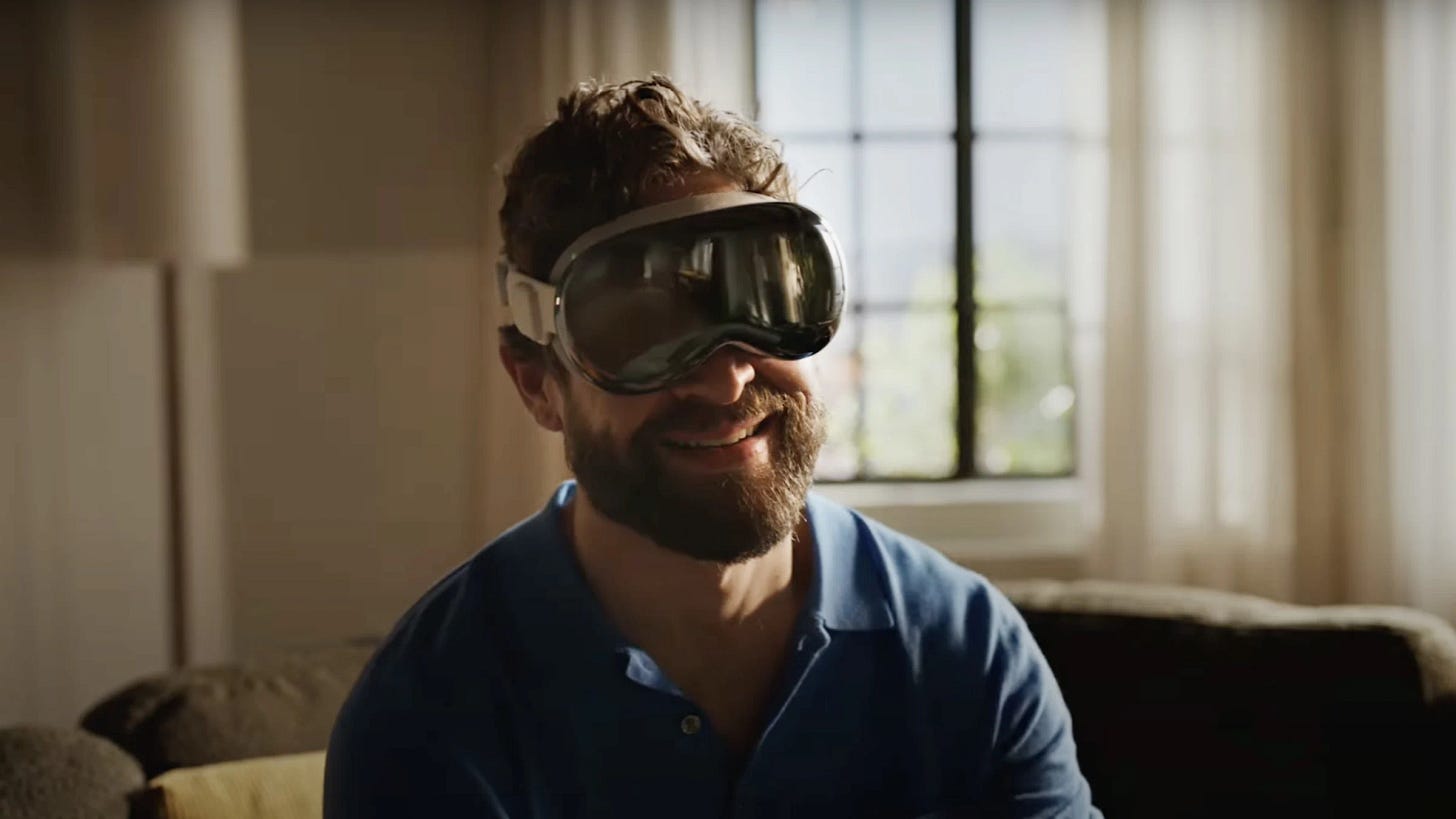The metaverse envisioned by Zuckerberg is finally making headway, but not with VR at the forefront.
Apple to go toe-to-toe with Meta – smart glasses expected
The company previously known as Facebook appears to be gaining momentum in virtual and augmented reality with its smart glasses. Following the Orion smart glasses reveal, Meta aims to deepen collaborations with software developers as it progresses toward a consumer release. The company is also expanding efforts to push Ray-Ban Meta smart glasses to a wider audience for the 2024 holiday season.
When Facebook rebranded as Meta in October 2021, CEO Mark Zuckerberg outlined a vision of the future centered around virtual reality, showcasing a world of digital work and play accessed via VR headsets. Soon after, the company launched Horizon Worlds, an interactive virtual space with customizable avatars.
As Meta nears the third anniversary of its rebrand, the promised VR-driven future has yet to take hold with the mainstream. However, the company seems to have found new momentum in virtual and augmented reality through a different avenue.
Meta’s unexpected success through its partnership with Ray-Ban
Meta has achieved unexpected success in the smart glasses market through its partnership with Ray-Ban. Building on this momentum, the company recently unveiled a prototype of its next-generation AR glasses, called Orion, at its annual Connect event—a project nearly a decade in development. The showcase sparked an unprecedented level of excitement, both inside and outside the company.
During the demo, Zuckerberg introduced the sleek, black-framed glasses from a locked briefcase and demonstrated how the device overlays holographic images onto real-world views. Orion is powered by a wireless puck and features a wristband that detects neural signals, allowing users to control the interface seamlessly.
A very impressive demo
The demo impressed attendees and reviewers alike. CNBC’s Julia Boorstin compared her experience to “FaceTiming through the glasses,” while The Verge’s Alex Heath reported minimal lag when playing a game of Pong with Zuckerberg. “The right way to look at Orion is as a time machine,” Zuckerberg said, calling it a glimpse into an exciting future.
Following the successful launch, Meta is strengthening partnerships with developers to explore applications for Orion. It is also promoting its Ray-Ban Meta smart glasses for the 2024 holiday season and integrating Orion’s wristband technology into other devices, such as Quest VR headsets.
Newfound optimism follows Meta’s financial rebound
The newfound optimism follows Meta’s financial rebound. After losing two-thirds of its market value in 2022 and cutting 21,000 jobs, Meta’s stock has surged, nearly tripling last year and rising 60% in 2024. The company has demonstrated resilience by revamping its ad platform to counter Apple’s privacy changes and introducing AI tools to enhance ad campaigns.
Meta’s investments in AR and VR, however, remain a long-term challenge. Since acquiring Oculus in 2014, the company has invested over $63 billion in Reality Labs, its AR/VR division, which continues to post billion-dollar losses each quarter. In Q2 2024, Reality Labs generated only $353 million—less than 1% of Meta’s total revenue—amid declining industry-wide sales of AR/VR headsets.
Ahead of the curve: 4th generation of its Llama AI models
Despite the challenges, Orion offers a tangible step forward. Meta plans to engage developers with the fourth generation of its Llama AI models, hoping the enhanced capabilities will inspire new AR applications. The company aims to launch a consumer version of Orion within two years, though insiders caution that meeting this timeline may be ambitious.
Meta’s work on Orion began as early as 2016 under Michael Abrash, chief scientist at Reality Labs, and moved from R&D to product development in 2018 under Andrew “Boz” Bosworth. Early prototypes struggled to function outdoors, but recent iterations now weigh less than 100 grams with a 70-degree field of view. Zuckerberg personally approved the decision to reveal Orion to the public.
Looking ahead, Meta faces the challenge of establishing a supply chain for components such as silicon carbide, essential for Orion’s displays. The company recently hired talent from GlobalFoundries to oversee supply chain operations for its AR/VR devices.

Ray-Ban Meta smart glasses in partnership with Luxottica
Meanwhile, Meta is expanding its partnership with Luxottica to release a third generation of Ray-Ban Meta smart glasses. Scheduled for the upcoming holiday season, the new model is expected to feature a display in one lens. To further boost sales, Meta plans to open a pop-up shop in Los Angeles, celebrating Southern California culture with an immersive retail experience.





